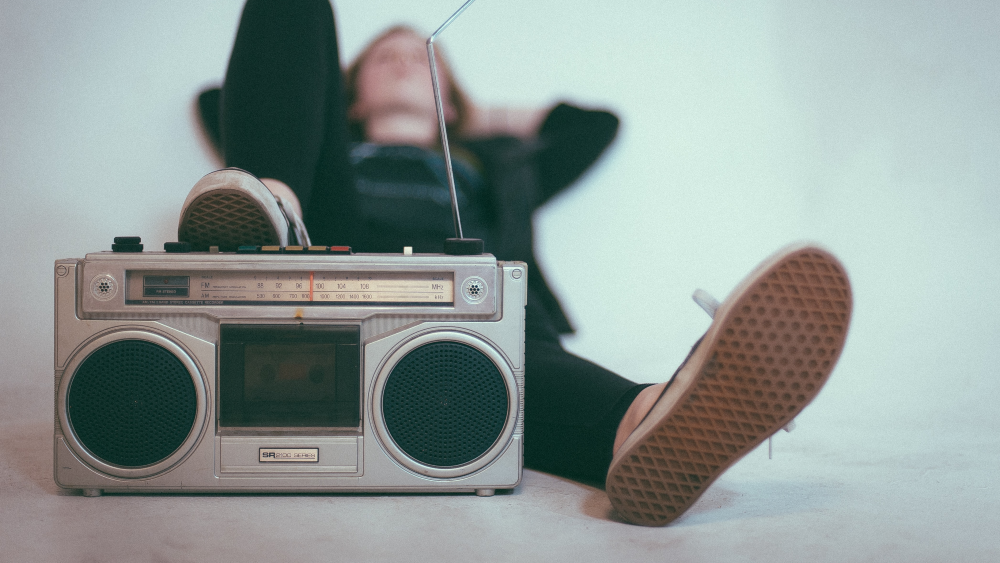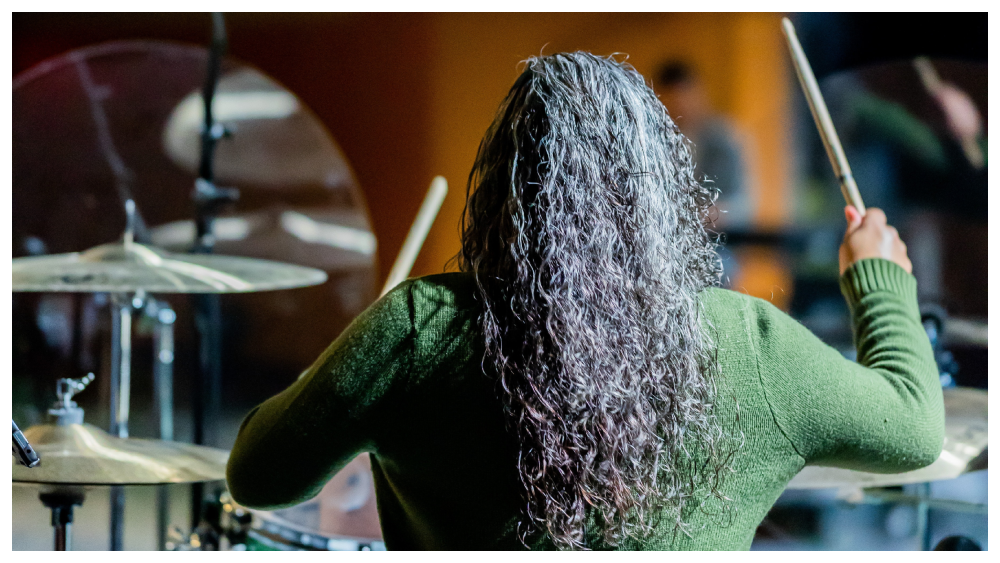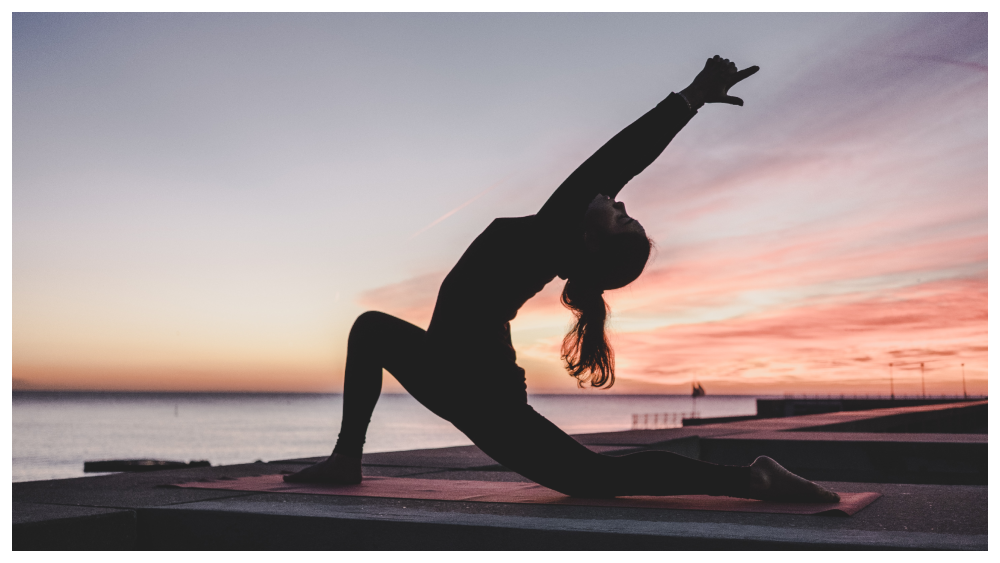I’ve submitted many awards in my time, but this year’s prizes feel more valuable as radio (like everything else) was forced to adapt and change overnight.
Even as proud programmers, we know radio’s role in listeners’ lives; we’re the background kitchen accompaniment and the morning alarm, but the last 14 months has seen a shift in people’s relationship with their favourite station. In a world where change was seismic and confusion reigned supreme, the reassurance offered by the regular voices and the fact that radio was there 24/7, never running out of content meant more to the audiences. I’d get messages from listeners talking about the station being ‘a life-saver’, ‘my only friend’, ‘the thing getting me through lockdown’ and yet here we were doing what we’d always been doing, but somehow it mattered more. These emails and texts gave stations like Absolute the confidence to be ‘even more real’, dialling up the warmth and inclusivity with presenters firmly encouraged to talk about their own challenges. In many ways this was easier because our One Golden Square home was closed – Victorian townhouses weren’t built for social distancing – and so overnight, everyone went from beautiful glass box studios to broadcasting from kitchens, and mattress-stacked cubby holes. The crying kids, barking dogs and erroneous doorbells meant any remaining glamour was shed from the job of presenter, but the result was a collegiate bond with a home-working audience.
'Radio moves on, reassured by its purpose and energised by an enforced period where everything changed but incredible opportunities presented themselves.'
Community and live music unsurprisingly came through as real drivers. Overnight, we were clapping, baking, fund-raising and radio harnessed this new-found neighbourhood spirit, understanding listeners wanted to feel connected in a time when human contact was minimal. At Absolute Radio, a producer suggested we created a special programme playing 40s music for VE Day. The idea snowballed and thanks to an Audio Content Fund grant, we built a station in a fortnight. For 24 hours we swapped Oasis for The Andrews Sisters and U2 for Billie Holliday. Providing this virtual street party soundtrack delivered the station’s best-ever streamed audience and showcased our take on public service broadcasting. As I write, Absolute Radio 40s is nominated for four ARIAS.
Overnight, every station’s calendar of live music events was wiped out, but artists were among the first to embrace the ambiguity and new technology, suddenly offering instant access to bands who’d normally be on tour. Spotting the opportunity, stations were able to create virtual events, from KISSfest to Magic at the Musicals and Absolute’s own Front Room Festival, these moments offered escapism and a reminder of the shared unifier that live music offers. To any artist or manager reading this, THANK YOU from the whole radio industry for the time, energy and effort you put into creating these amazing moments. Your support in helping us to create new and compelling content for audiences of all ages won’t be forgotten and has made us re-evaluate our future strategies in creating hybrid in-person and virtual events where geography and income is no longer a barrier. The time away from touring offered new opportunities for musicians to experiment in new areas – Skunk Anansie’s Skin joined Absolute Radio as the new host of Sunday nights, effortlessly swapping the guest mic for that of host and bringing a fresh perspective to the station and again, making us re-think and take risks.
'The crying kids, barking dogs and erroneous doorbells meant any remaining glamour was shed from the job of presenter, but the result was a collegiate bond with a home-working audience.'
So, where do we stand now? Radio is in good health and has thrived during these difficult times. The familiarity, flexibility and fun has attracted new listeners while re-engaging those whose routines have changed (possibly permanently). Whether it’s Greg on Radio 1, Dermot on Radio 2, Jordan and Perri on KISS or Dave Berry on Absolute Radio, the ever-present companionship that a radio hug can offer has meant a re-evaluation in the eyes and ears of the audience. Despite not having the traditional audience measurements, every station is reporting record streamed audiences as listeners traded their traditional routine of in-car commuting listening for longer smart-speaker sessions in the kitchen. With new stations launching all of the time, (Absolute Radio Country being our ninth spin-off) digital listening opens up new worlds for audiences and offers instant access to exactly what they want, when they want it. Radio moves on, reassured by its purpose and energised by an enforced period where everything changed but incredible opportunities presented themselves.





